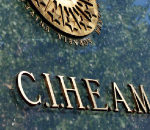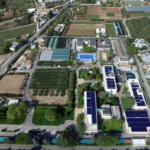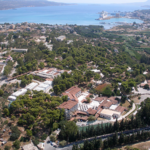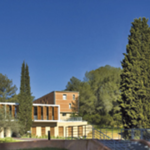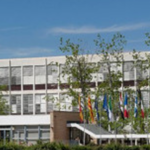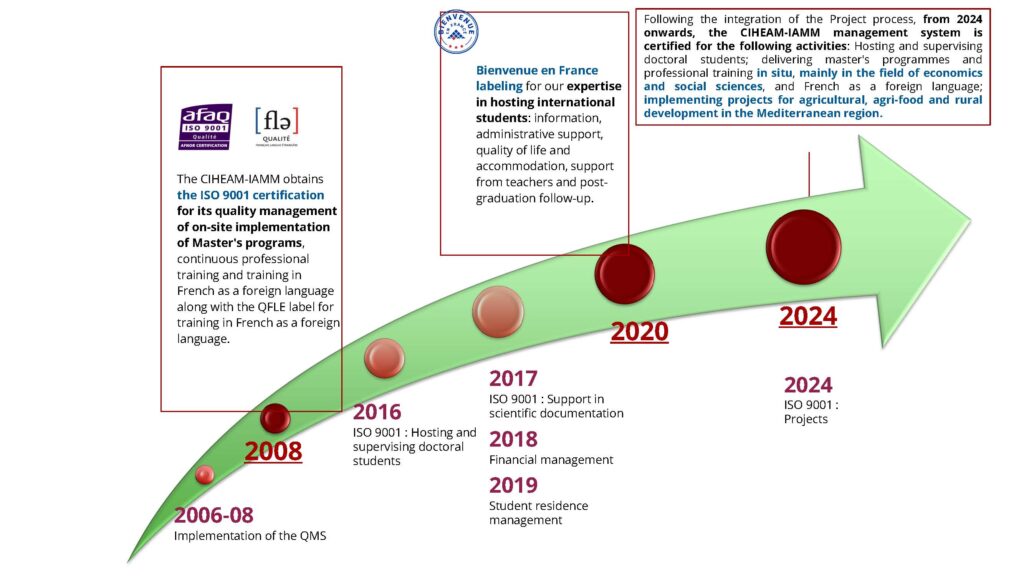Our constant concern is to measure your satisfaction and our results, and to adjust our practices in order to improve continuously. This is reflected in our ISO 9001 certification since 2008.
An integrated approach
Since 2008, CIHEAM Montpellier has validated its continuous improvement process by obtaining ISO 9001 certification for its management of on-site training. Following the integration of the Project process, from 2024 onwards, the CIHEAM-IAMM management system is certified for the following activities:
Hosting and supervising doctoral students; delivering master's programmes and professional training in situ, mainly in the field of economics and social sciences, and French as a foreign language; implementing projects for agricultural, agri-food and rural development in the Mediterranean region.
Activities within the Quality scope
The quality management system (QMS) includes eleven activities working in synergy.
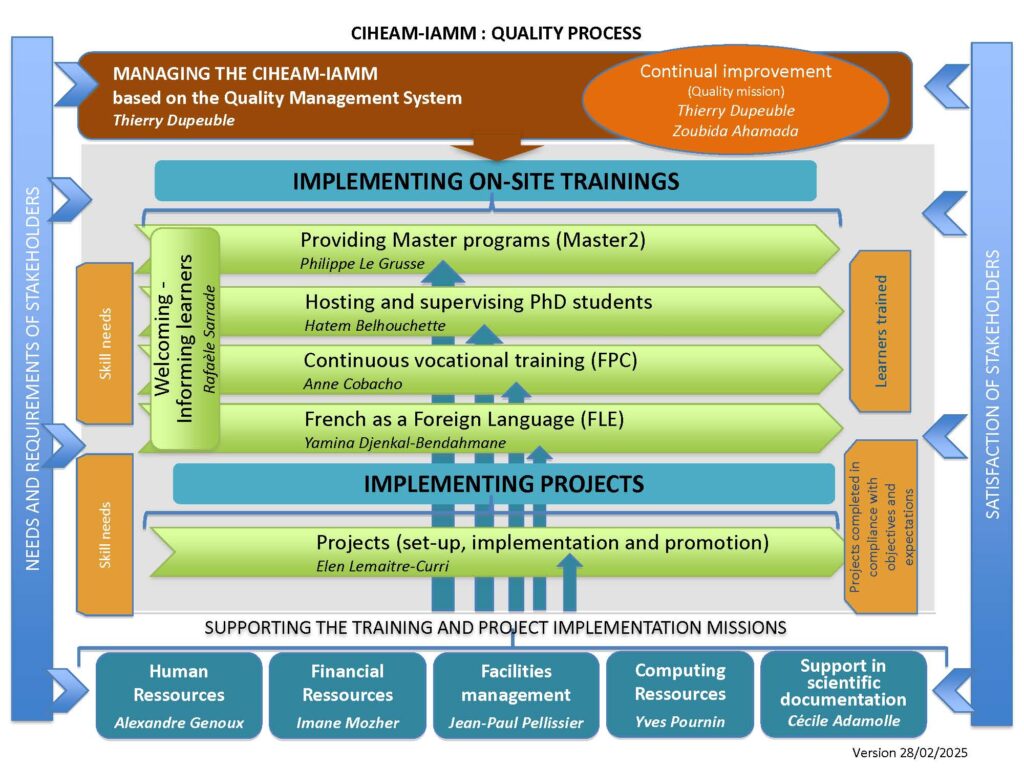
The management’s objectives: a framework for our actions
Our priority objectives for training, research, and development cooperation are part of the strategic directions that structure the current formulation of the Institutional Project (2023-2026). In 2025, our efforts will be focused primarily on:
OS1: Strengthening the training offerings by asserting the international dimension in recruitment and implementation, and by consolidating local anchoring
- Expanding the dual-degree program to new countries.
- Leveraging the evaluation of the existing training offered by HCERES to align it with those of our local and international partners.
OS2: Enhancing visibility and clarity regarding the specific expertise mobilized and developed in research projects, technical assistance for development, and training programs
- Building on ongoing efforts by organizing (or participating in) nationally or internationally recognized events (Parmenides, EuroAfrica Biennale, IFSA, etc.).
- Securing long-term recognition of the need for financial support from France for the Institute’s operations, given its diverse missions, activities, and contributions to French policy in the Mediterranean.
OS3: Developing site-based projects that contribute to research and training
- Revitalizing the search for new partners for site maintenance and development, and materializing these partnerships (Olive grove, fire protection).
- Identifying concrete prospects for repurposing the former residence.
OS4: Be exemplary in our environmental and social practices and provide ourselves with the means to be eco-responsible on a daily basis
- Managing the feedback and support system while ensuring the implementation of the QVCT action plan.
- Continuing efforts toward energy savings.
- Advancing the formalization of our social and environmental commitments (DD&RS).
OS5: Develop the Institute's internal organisation to better ensure the efficient mobilisation of resources and skills, and guarantee the sustainability of the business model
- Gradually renewing the management team based on a clear and shared vision of responsibilities.
- Finalizing project management support organization and ensuring internal and external communication.
OS6: Maintaining the Institute’s commitment to joint CIHEAM initiatives
- Remain involved in the working groups and joint actions carried out with CIHEAM and its other Mediterranean agronomic institutes (Bari, Zaragoza, Chania).
Sustainable development framework
Awareness of the stakes of sustainable development has been growing for decades. Climate disruption, environmental damage, the depletion of certain resources, particularly energy, and growing inequalities are forcing us to act, each at our own level. Committing to sustainable development means implementing a realistic and concrete progress approach: improving internal cohesion, advancing ideas, raising awareness, empowering and informing staff and students, structuring purchases, reducing consumption of non-renewable resources …
In its missions as an international platform for training, knowledge production, scientific exchange and cooperation for the Mediterranean and hosting students on its campus, the Mediterranean Agronomic Institute of Montpellier (CIHEAM-IAMM) is committed to contributing to the Sustainable Development Goals (SDGs) adopted in September 2015 by the UN as part of the Agenda 2030. The Institute is committed to communicate on the framework's commitments, formalize them where necessary, monitor and make them progress through the Quality approach it has adopted.


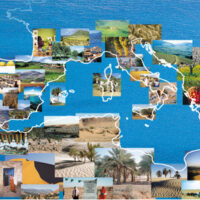 CIHEAM MontpellierOur vision is that of a Mediterranean basin characterised by a spirit of cooperation.
CIHEAM MontpellierOur vision is that of a Mediterranean basin characterised by a spirit of cooperation.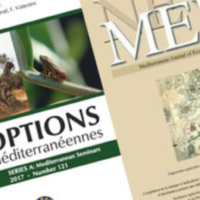 CIHEAM publicationsOur publications and communication tools aim to facilitate decision-making processes for political, economic and agricultural actors in the Mediterranean region
CIHEAM publicationsOur publications and communication tools aim to facilitate decision-making processes for political, economic and agricultural actors in the Mediterranean region News and events
News and events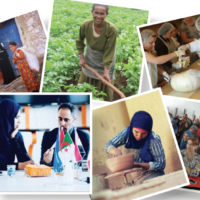 Press review (Scoop.it)
Press review (Scoop.it) Master programmesThe CIHEAM Montpellier stands for both personalised accompaniment and international openness.
Master programmesThe CIHEAM Montpellier stands for both personalised accompaniment and international openness.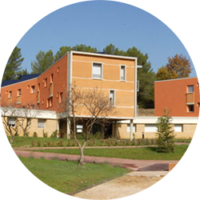 Campus & student lifeSince 1962, almost 95% of our foreign students have been granted accommodation on site.
Campus & student lifeSince 1962, almost 95% of our foreign students have been granted accommodation on site.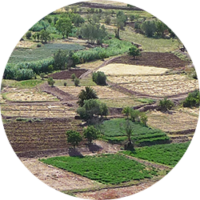 Doctoral platformShaping the scientists of tomorrow through research training… A natural commitment of the CIHEAM Montpellier
Doctoral platformShaping the scientists of tomorrow through research training… A natural commitment of the CIHEAM Montpellier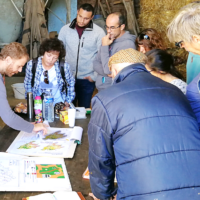 ProjectsOur research and cooperation projects are tools for inclusive development, they take into account the populations and rural and coastal territories of the Mediterranean.
ProjectsOur research and cooperation projects are tools for inclusive development, they take into account the populations and rural and coastal territories of the Mediterranean.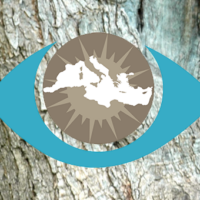 Mediterranean online catalogueA unique Documentation Center on the Mediterranean,
invested in sharing knowledge.
Mediterranean online catalogueA unique Documentation Center on the Mediterranean,
invested in sharing knowledge. Scientific productionThe scientific production of the CIHEAM Montpellier is the fruit of collaborations by our lecturer-researchers, associated experts, students and research partners.
Scientific productionThe scientific production of the CIHEAM Montpellier is the fruit of collaborations by our lecturer-researchers, associated experts, students and research partners. Becoming partnersCreating partnerships is part of the genetic make-up of the CIHEAM Montpellier... Join one of its projects or study programmes, support its actions.
Becoming partnersCreating partnerships is part of the genetic make-up of the CIHEAM Montpellier... Join one of its projects or study programmes, support its actions.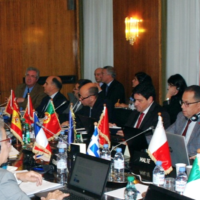 Ministerial meetingsThrough the Ministerial, CIHEAM contributes to the construction of a dialogue between the Mediterranean countries around questions relating to agriculture and the rural world.
Ministerial meetingsThrough the Ministerial, CIHEAM contributes to the construction of a dialogue between the Mediterranean countries around questions relating to agriculture and the rural world.